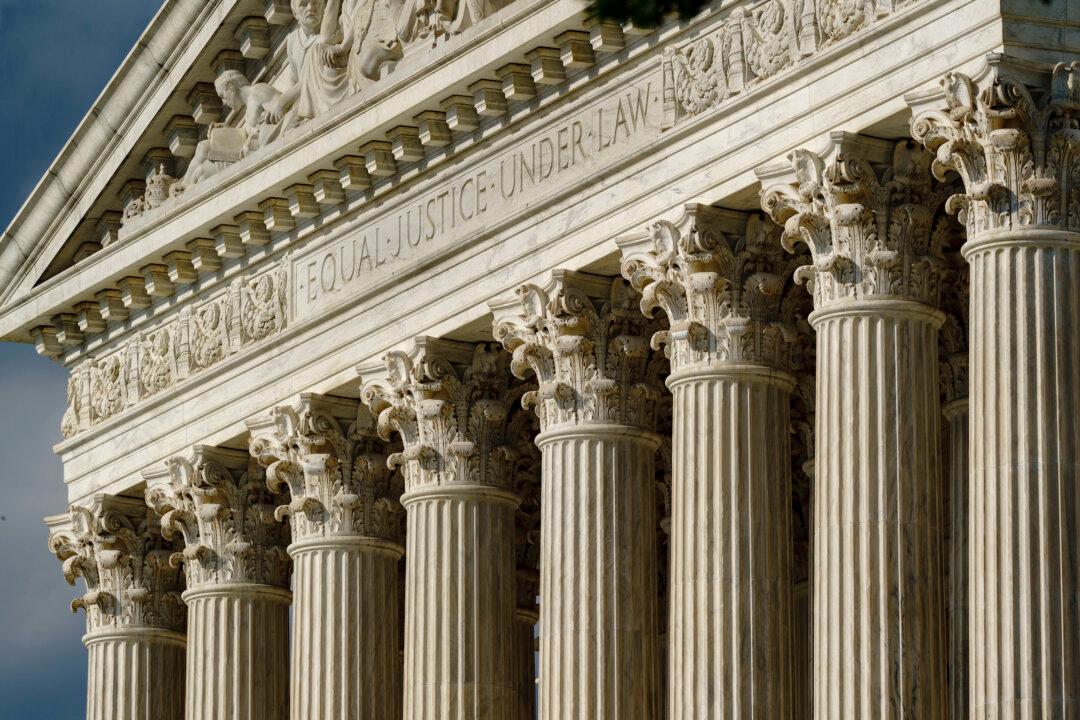A high school cheerleader’s First Amendment rights were violated when Pennsylvania school officials disciplined her for a profanity-laced rant on social media, a near-unanimous Supreme Court ruled.
The 8–1 ruling on June 23 is a defeat for the Biden administration, which had urged the court to let school districts suppress free speech by students on social media if they deem it potentially disruptive to school operations.





